La Casa Cosme Palacio is part of the Historic Wineries of La Rioja in the north of the country, one of the most famous wine-producing regions in Spain.
The old winery dates back to 1894 but has been faithfully restored and transformed into ultra-luxurious accommodation complete with a 24-hour butler, costing between €5,000 and €10,000 per night, depending on the season.
It’s in fact not really a hotel at all, but a property that can be rented out in its entirety by extended families, groups of friends or colleagues for a work event.
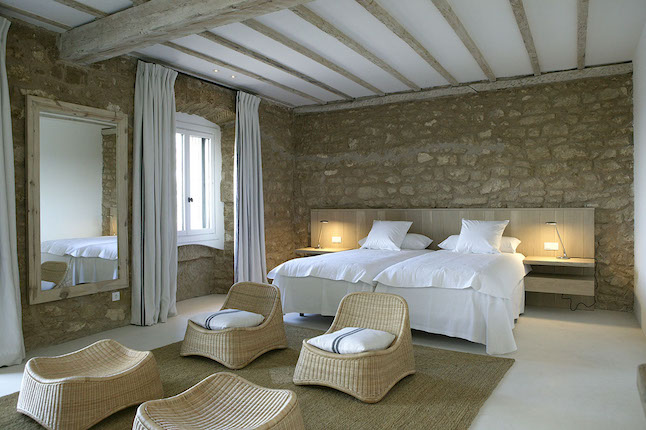
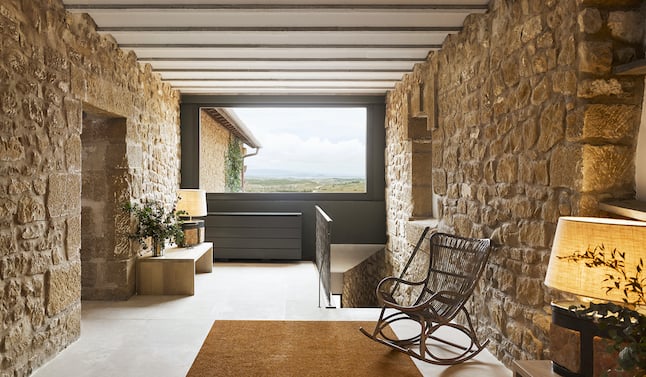
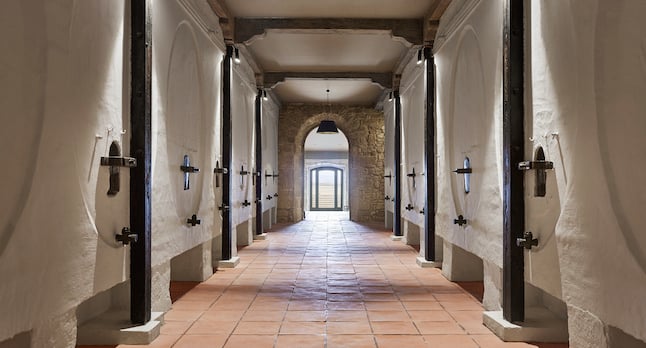

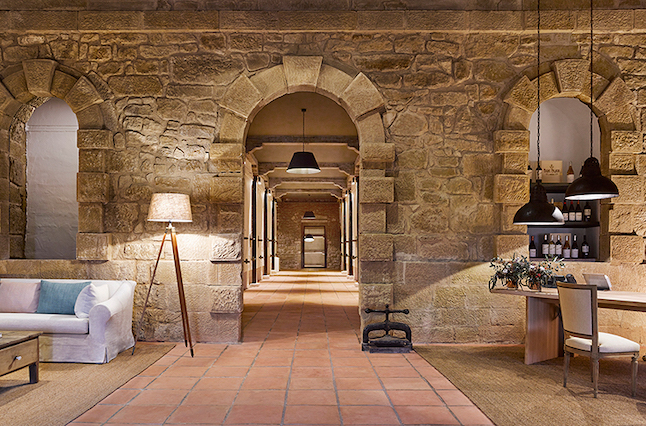
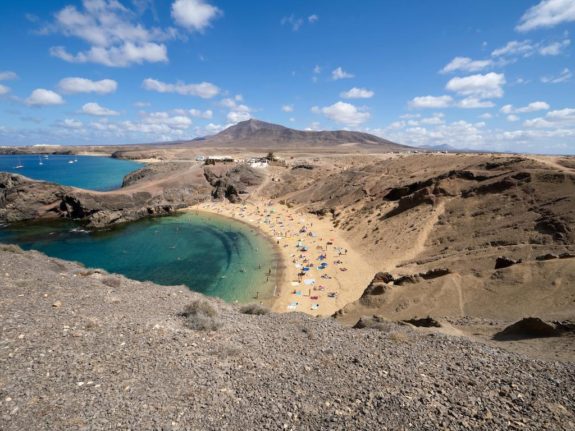
 Please whitelist us to continue reading.
Please whitelist us to continue reading.
Member comments